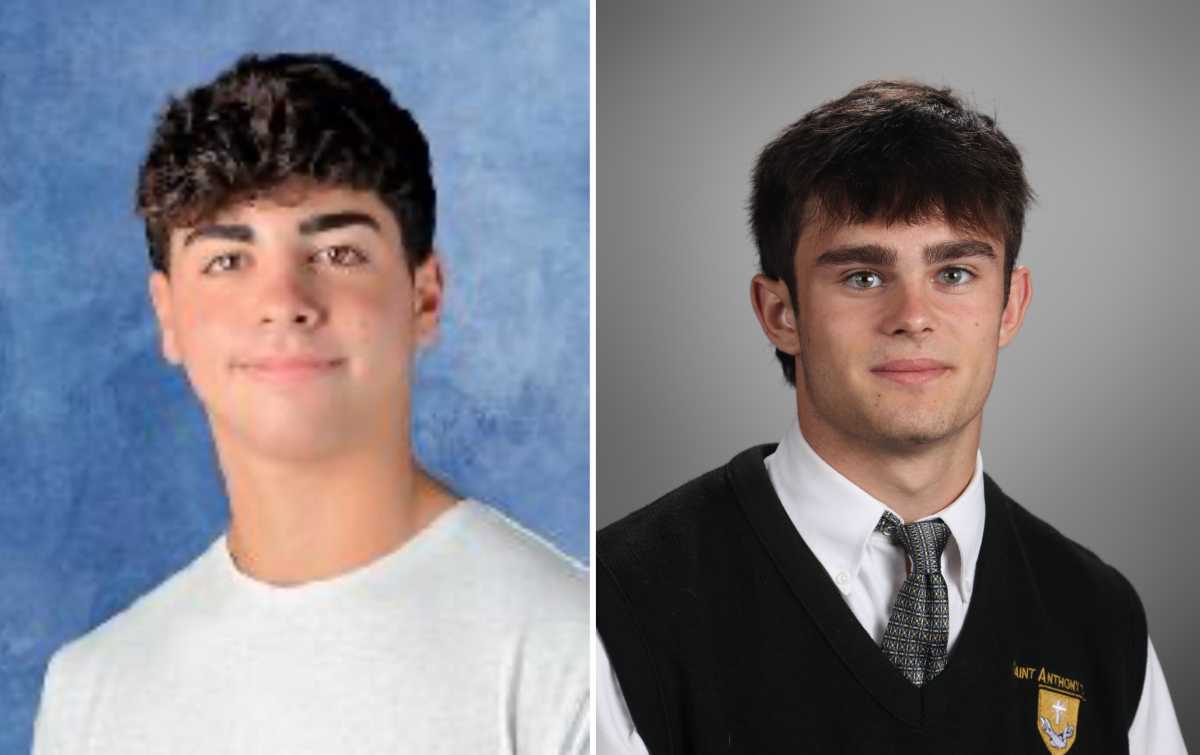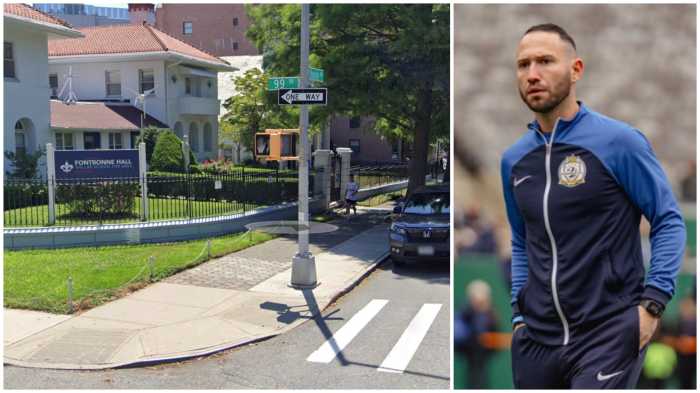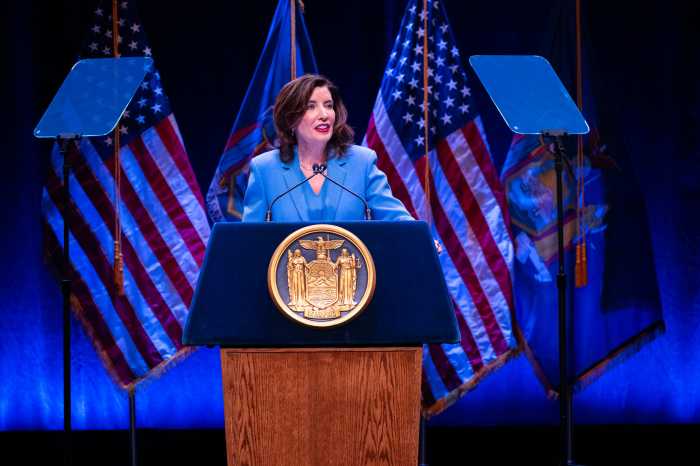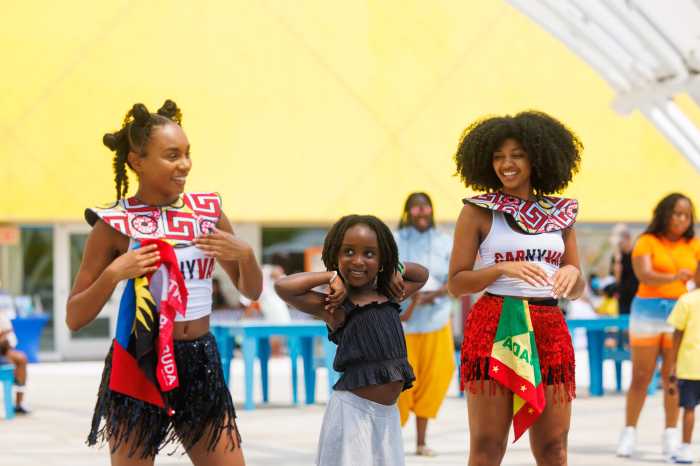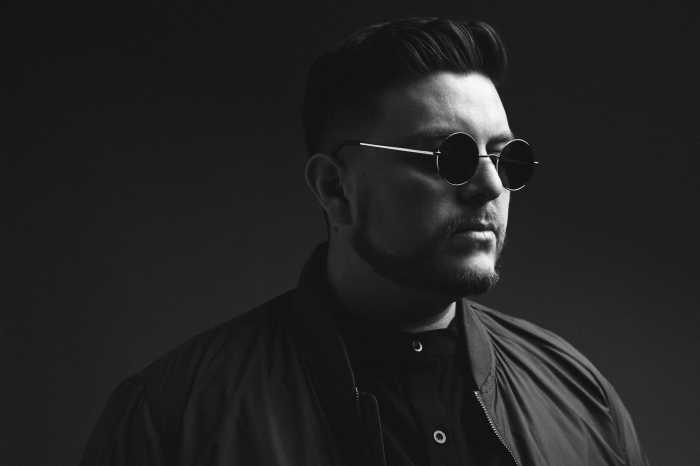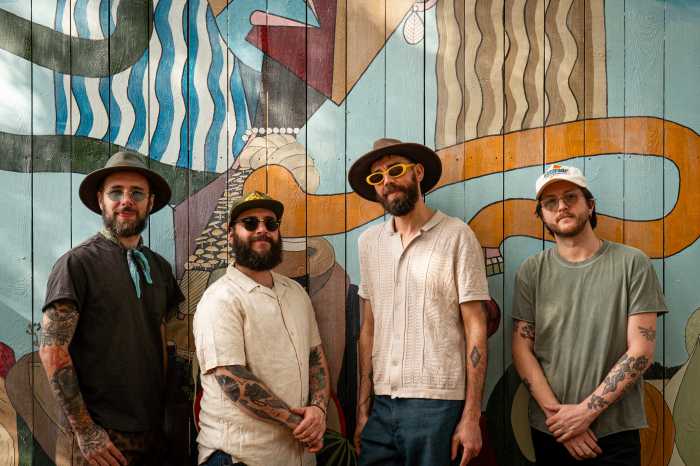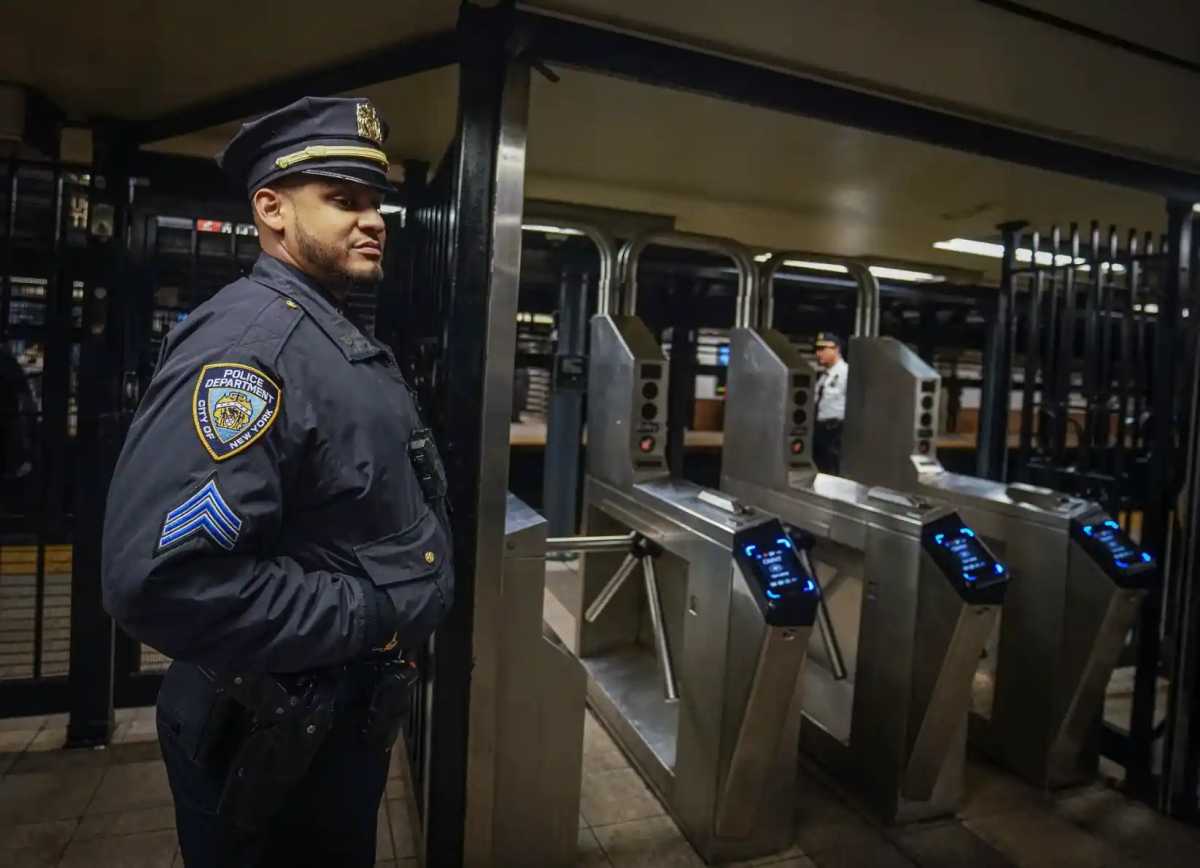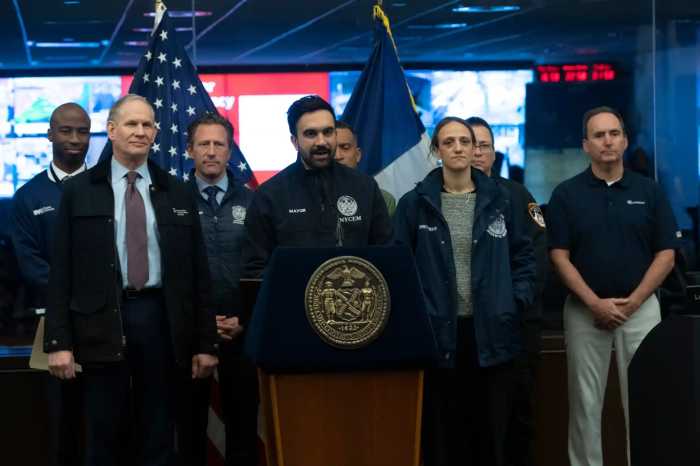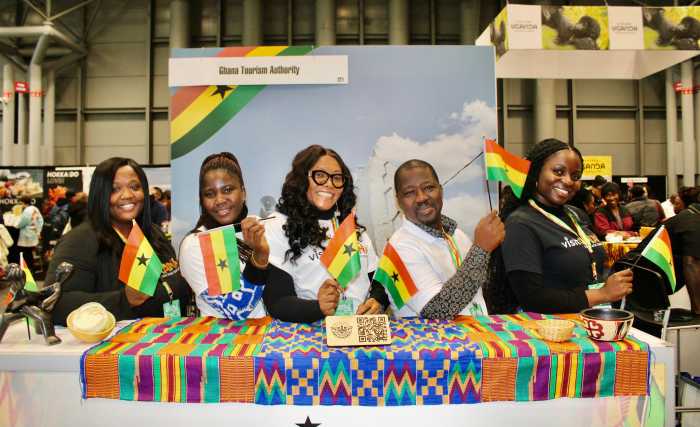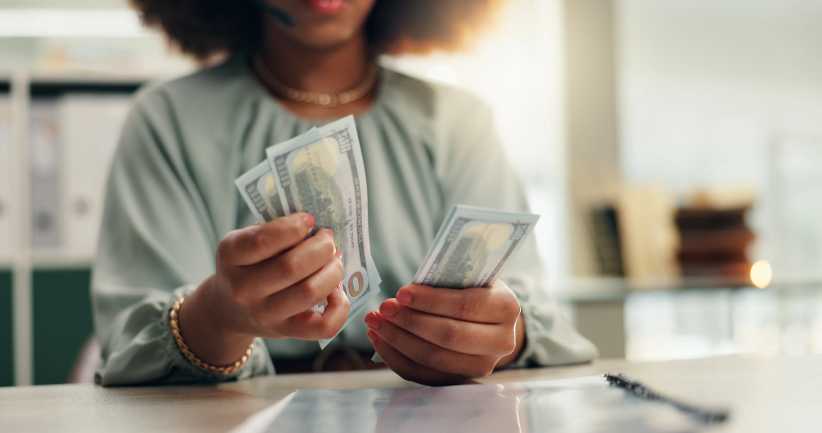I watched as strange hands played a rhythmic beat on Peruvian Cajóns, while two other sets of unfamiliar fingers plucked chords on guitars. A fourth person blew a trumpet loud and proud, as a fifth on the viola lent a consoling, swaying caress to the beautiful music playing in my living room.
The musicians were all strangers in my home, outsiders whom I’d welcomed in, along with some friends, for a celebration of the freedom that can be found in music. But this was far from the performers’ first time playing together, because the ensemble had jammed many times before — in prison.
I’d invited my talented guests — who ate with gusto my spread of fresh pesto, turkey-and-Gruyere wraps, hummus and handmade pita chips, and mushroom caps stuffed with cream cheese, bacon, and thyme — for a fund- and awareness-raiser for Musicambia, an organization that creates music conservatories at prisons with the aim of building relationships, communication skills, and self-confidence among the incarcerated.
The trumpeter in my house that evening, Musicambia alumni and board member Dexter Nurse, first met his bandmates, guitarist-percussionist-singer Robert “Robbie” Pollock and percussionist Ivan Califf, inside the maximum-security Sing Sing Correctional Facility, just up the river in Westchester.
The music they played in my home that night was what they learned to play together back then, during a particularly dark period. And the rhythms brought a light to those of us listening, much in the same way they helped their players through those dim times.
Robbie, a Musicambia board member and an outspoken advocate for expanding the arts within the criminal-justice system, teared up while explaining how one song he sang was written by a mentor of his, who had recently been denied clemency, and remained behind bars.
“The man has explored so many tough concepts, not just ‘prisoner’ concepts, but real universal human concepts, like what to do when you’ve done wrong. He looked his crimes in the face and said, ‘I did this, and I’m taking responsibility for how I live my life going forward.’ And that’s the bravery, because you can’t get up and play music unless you have confronted that: ‘What kind of person am I?’ ”
His introduction was a moving prelude to “What is Love?” — a lyrical ballad Robbie belted out while playing guitar in a performance with so much feeling, it made my heart hurt.
“All we really have is what we leave behind.
So release the resentment you felt for so long.
Make amends with your friends, even when they were wrong.
Seek forgiveness, don’t live in the past ‘cause it’s gone. Let it go, move along.
Try to treat folk you meet like they feel what you feel, you can tear down and destroy or build up and heal.
When they’ve burned what they burn, and stole what they can steal, what is left must be real, what is left must be … must be love.”
The evening was the culmination of a long-planned effort on behalf of myself and Musicambia’s Deputy Executive Director Jessie Kilguss, a local musician I wrote about in this newspaper years ago.
Along with the group’s Founder and Executive Director, classical violist Nathan Schram, Jessie is working to create music programs at prisons across the country like the one Dexter, Robbie, and Ivan participated in at Sing Sing. Over the past five years, the group has brought such programs to a women’s correctional facility upstate, as well as prisons in South Carolina and Indiana. And it is about to debut one at Rikers Island.
At one point during the event, we passed out instruments I’ve collected — native drums, clackers, and tambourines — that I use in music classes I host for disadvantaged kids. Robbie’s only request was that we play them “without being timid.”
I then watched as neighbors, family, and friends played along with the alumni, as well as Nathan on viola, and a young Colombian Musicambia teacher, Jan Esbra, on guitar. It was a wonderful jam session, as powerful and cathartic as playing music from the heart can be.
The importance of Musicambia’s mission became crystal clear through the words and music of the men who gathered in my living room to share their stories with us. Afterward, I thanked the musicians, and asked them to share what it meant to them to perform uninhibited, like we just had, while in the company of prisoners whom they maybe felt they couldn’t trust.
Robbie was clear: “You gave everyone in this room the opportunity that Musicambia gave us. You don’t know what other people are going to think about you, so you sometimes hold something back. But holding something back because I’m afraid of what someone will think about me is catastrophic. That freedom to just be, that feeling that we did something collectively … to live in that, inside of the hell, but to have that as you walk through, is like skating. It felt like I was given freedom while I was inside. Freedom in here,” he said, motioning to his mind.
Ivan agreed: “The freedom to be able to connect beyond the physicality, beyond the flesh … that’s what music does. It transcends all this,” he said, gesturing to his body. “It transcends mistrust, it transcends all the walls that we put up to keep each other at bay. You’re in a room, you’re in a space, you’re making these beautiful sounds, and you no longer see this person. You hear them, you feel them, you feel their energy, it’s no judgment. Music is a space with no judgment, and you’re free to be you. It’s fabulous.”
Stephanie Thompson’s “Talking to Strangers” podcast can be found on iTunes, Stitcher, and Google Play. Visit www.music



